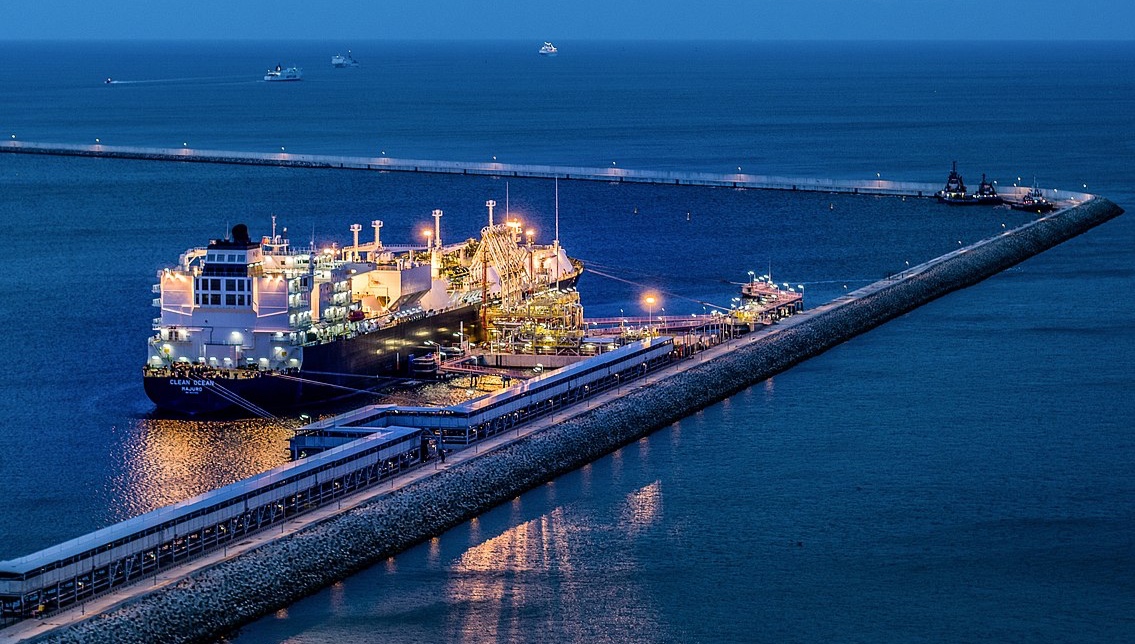Estimated reading time: 2 minutes
Plans for a container terminal in Świnoujście, Poland, have sparked a contentious dispute with neighboring Germany, particularly the Mecklenburg-West Pomerania region. The contentious issue revolves around environmental degradation fears and potential competition with Hamburg’s bustling port, prompting legal actions and opposition.
German authorities, joined by Heringsdorf municipality, express worries about noise pollution, air contamination from exhaust emissions, and the possibility of rats being transported in containers. Nevertheless, project proponents contend that it adheres to rigorous environmental standards.
Economic Benefits and Opposition
Polish officials highlight substantial economic gains, forecasting significant annual tax revenues, possibly exceeding 10 billion złoty. Nonetheless, critics, including German municipalities, challenge the ecological impact and stress the importance of equitable development for Poland.
This standoff harks back to previous disputes, such as Germany’s endorsement of Nord Stream pipelines in contrast to opposing Polish endeavors. The episode raises concerns about European solidarity and shared growth strategies.

Sovereign Decision-Making and Prospects
Local officials in Świnoujście emphasize their right to autonomous decision-making. They argue that the planned terminal, designed to accommodate large container vessels and facilitate military logistics, will enhance economic growth.
The controversy encircling the Świnoujście container terminal underscores broader themes of economic competition, environmental stewardship, and collaborative European efforts. As stakeholders continue deliberations, the impact on regional dynamics and diplomatic relations remains uncertain.
